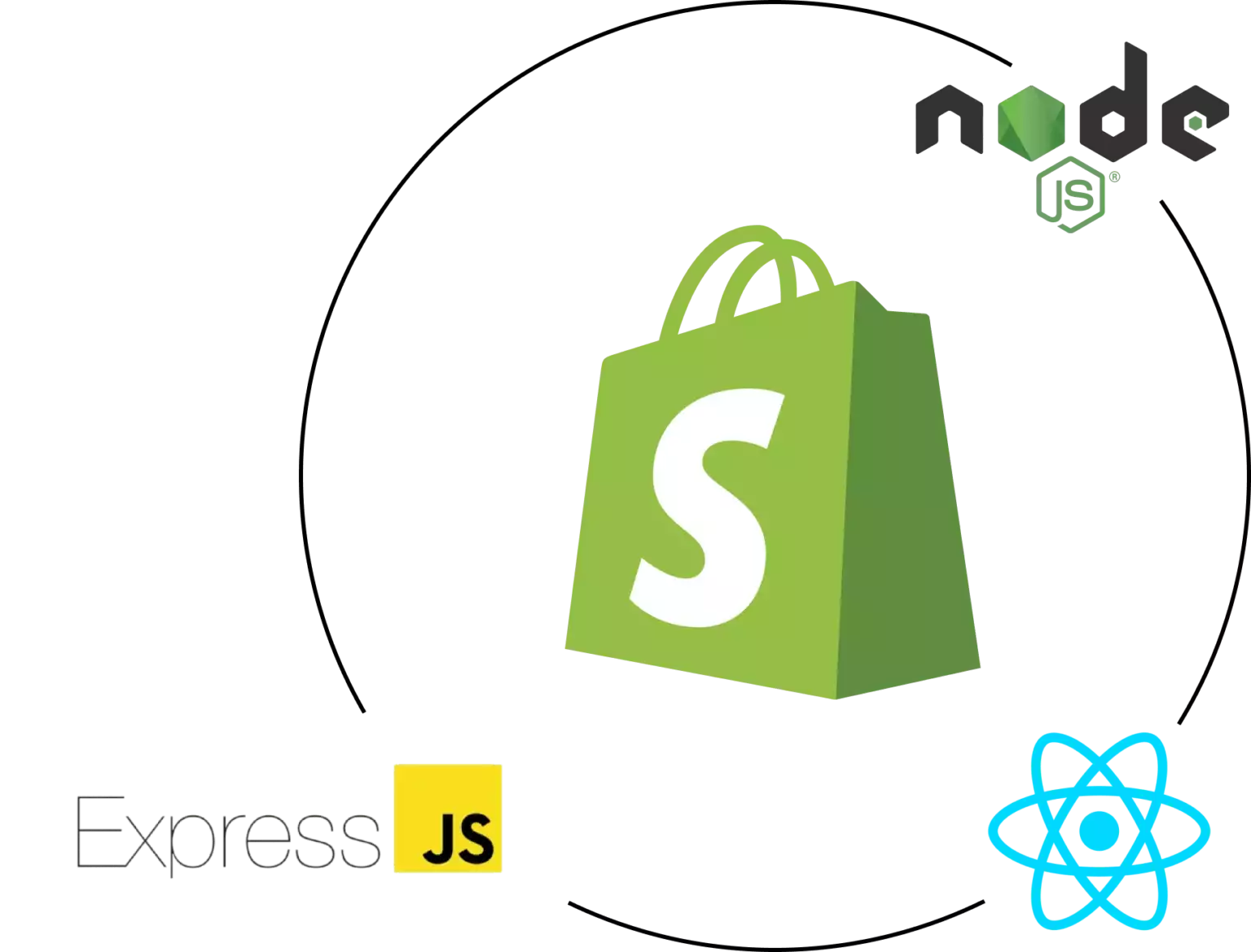Introduction
In the current competitive e-commerce environment, differentiating is paramount, and a top method to differentiate a Shopify store is through tailored app development. A robust Shopify app can enhance store functionality, simplify processes, and boost customer interaction. This article delves into key aspects of Shopify app development, covering API integration and app ecosystem to growth techniques and promotion methods, providing a roadmap for businesses seeking unmatched store performance.
The Importance of Shopify API Integration
Shopify’s API provides powerful tools to personalize and extend store functionalities. With GraphQL and REST APIs, developers can access data to build applications that handle inventory control, order processing, and customer data management seamlessly. Integrating Shopify’s API can lead to better workflow automation and allows stores to assist shoppers more efficiently.
Utilizing the Polaris Design System
Polaris is Shopify's set of design guidelines for designing user-friendly and accessible Shopify apps. By following Polaris guidelines, developers guarantee that apps integrate smoothly within the Shopify Admin interface. This ensures a cohesive look and feel that resonates with Shopify merchants, encouraging ease of use and familiarity for merchants utilizing your tailored app.
Understanding the Shopify App Ecosystem
The Shopify app ecosystem provides numerous opportunities for enhancing online stores. From handling order fulfillment to increasing customer interaction, apps in this ecosystem are designed to meet various business needs. Familiarizing with this ecosystem helps developers in identifying unique app opportunities and allows for smooth connections of external tools that enhance the store.
Building Embedded Shopify Apps
Embedded apps work seamlessly within the Shopify Admin, providing a smooth interface for merchants. They allow merchants don’t have to navigate away from their Shopify dashboard, simplifying their process. Employing Shopify App Bridge and embedded app capabilities is a best practice for providing a cohesive, well-integrated user environment.
Leveraging Node.js and React for Shopify Development
Node.js and React have become top options for Shopify app creation. This server-side framework enables efficient back-end services, while React enables interactive and adaptive front-end user interfaces. Together, they offer an excellent platform for building fast, scalable Shopify apps that enhance store functionality and customer interaction.
Utilizing Webhooks in Shopify Development
Webhooks allow real-time data synchronization between Shopify and an Building optimized Shopify apps external app. They initiate events such as new orders or stock changes and provide immediate alerts to your app. By utilizing webhooks, apps can deliver real-time information to store owners, simplifying processes and increasing efficiency.
Customer Engagement and Digital Marketing for Shopify Apps
To make a Shopify app successful, engaging customers is key. Utilizing digital marketing strategies like SEO, email marketing, and social outreach can increase app usage. Additionally, creating applications with customer interaction as a focus (e.g., loyalty programs or personalized suggestions) boosts user loyalty and satisfaction.
Making Your Shopify App Scalable
As e-commerce stores expand, so do their technology requirements. Making sure that your app can scale to handle increased traffic, larger databases, and more complex functionalities is critical. By improving server resources and using scalable technologies, you can develop apps that Enhance Shopify performance grow in parallel to a store’s growth.
Important Features and Maintenance Tips for Shopify Apps
For an app to be useful, it should offer key capabilities like user login, dashboard analytics, and support channels. Ongoing app maintenance, including updates to fix bugs and ensuring compatibility with new Shopify functionalities, is important to ensure uninterrupted performance and prevent disruptions to business processes.
Conclusion
Custom Shopify app development holds vast potential for e-commerce businesses, providing the chance to enhance store functionality, streamline processes, and build customer relationships. With API integrations and Node.js to ensuring scalability and customer engagement, building a Shopify app requires thoughtful preparation and strategic execution. If you’re prepared to elevate your e-commerce experience, a tailored Shopify application may be the perfect choice. What capabilities do you see for your ideal app? Share your thoughts and take the first step toward an enhanced e-commerce journey!
